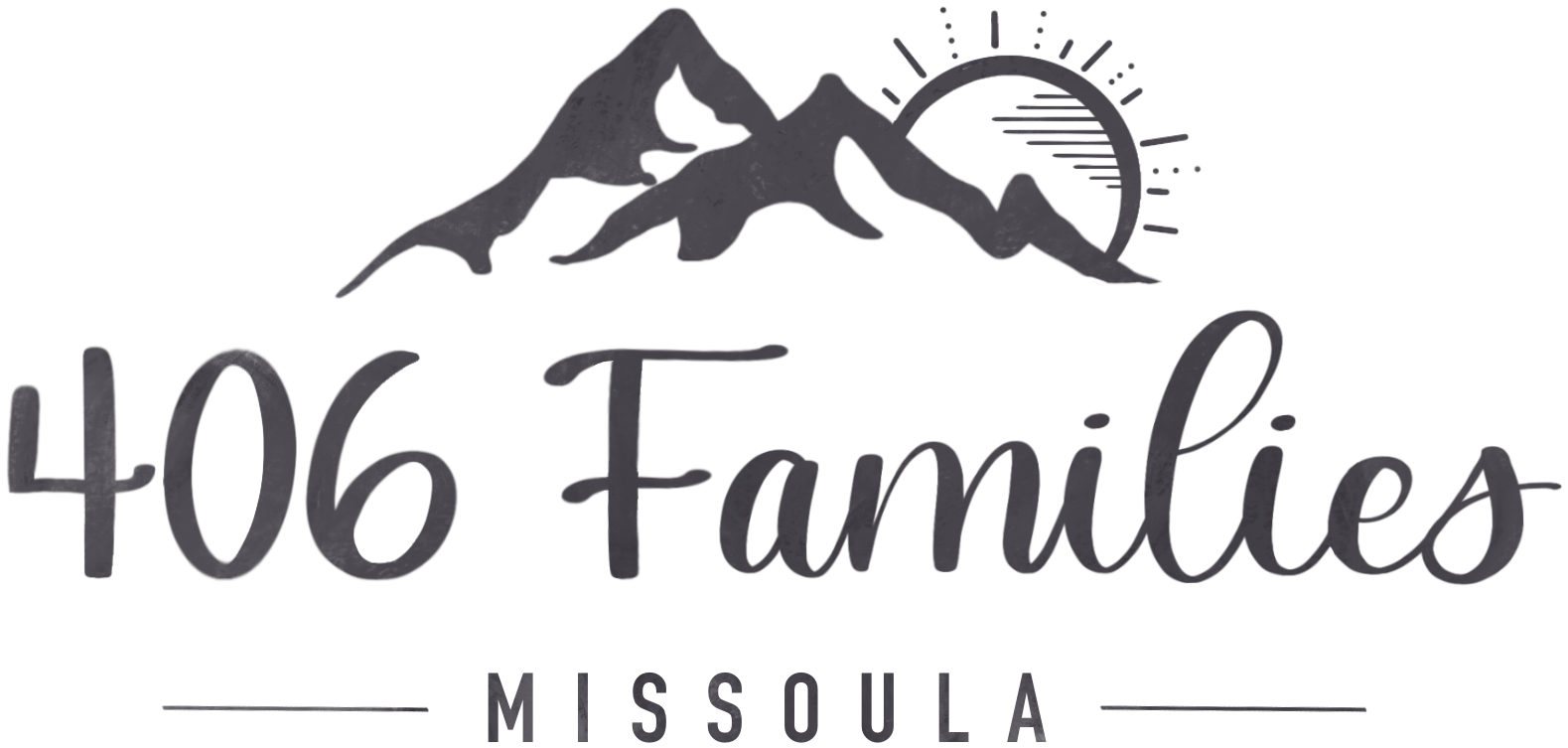Sharing Columbus’ Complicated Legacy with Kids
Tomorrow is Columbus Day, but the story most of us learned in grade school about Christopher Columbus “discovering” America is incomplete.
Columbus Day is a U.S. holiday that commemorates the landing of Christopher Columbus in the Americas in 1492.
Columbus returned to his Spanish financial backers, King Ferdinand and Queen Isabella of Spain, with gold, spices, and “Indian” captives. Even the name he referred to them as, “Indians,” was predicated on a mistake that persists today. Columbus thought he had landed in Asia and assumed the people he encountered there were from the nation India. It wasn’t until his third trip that he realized he’d landed in a place that hadn’t yet been discovered by Europeans.
The legacy that discovery left behind is complicated. On one hand, without Christopher Columbus, many of us wouldn’t be here and most of our history would never have been created. On the other hand, much of what we have wouldn’t exist without centuries of war, imperialism, and genocide.
Photo by Bakr Magrabi from Pexels
How do we ensure the story we teach our children about Columbus is complete? For starters, there’s a movement to change Columbus Day to Indigenous People’s Day, honoring the first people of the Americas. Missoula has adopted Indigenous People’s Day and legislation has been proposed at the state level to change the name.
Other states like Alaska, Hawaii and Oregon have already made the move.
Around our dinner table, we talk with our 7- and 9-year-old kids about Columbus Day, Indigenous People’s Day and the legacies native people and explorers left behind. We tell them it’s okay to hold two things: pride in our history and regret that it came at the cost of so many lives and suffering.
We are just beginning to understand the extent of that suffering. Earlier this year, the Canadian government discovered mass grave sites that housed the remains of hundreds of Indigenous children housed in boarding schools. The schools were created to force the children to assimilate to a white way of life, erasing their native culture and history. This is the definition of genocide. Rape, assault, and other forms of abuse were rampant at these schools.
The only reason these discoveries haven’t been made in the United States is because we haven’t done these same audits.
We have age-appropriate discussions with our kids about this history. And we continue to educate ourselves as parents. It helps that Native American topics and culture are appearing more often in popular culture than in the past.
This Land podcast focuses on laws that affect Native Americans like the Indian Child Welfare Act and tribal sovereignty when it comes to adoption. The first season illuminated the fact that much of the state of Oklahoma is on Native American reservation land and a Supreme Court case about it.
The third season of the podcast Up and Vanished is about Blackfeet nation teen Ashley Loring HeavyRunner, and more broadly, the epidemic of Missing and Murdered Indigenous Women, especially in Montana. I appreciate how tender and thorough the podcast creator Payne Lindsey is.
Reservation Dogs is a funny, honest look at four teens living on an Oklahoma reservation who dream of leaving for a life in California. Their families battle poverty, suicide, and addiction but their bond is sweet and sometimes hilarious. It is filmed on location in Oklahoma and was written, created by, filmed in and stars indigenous people.




